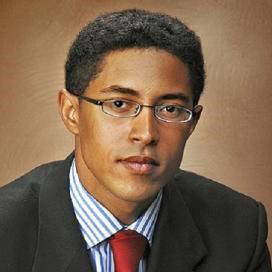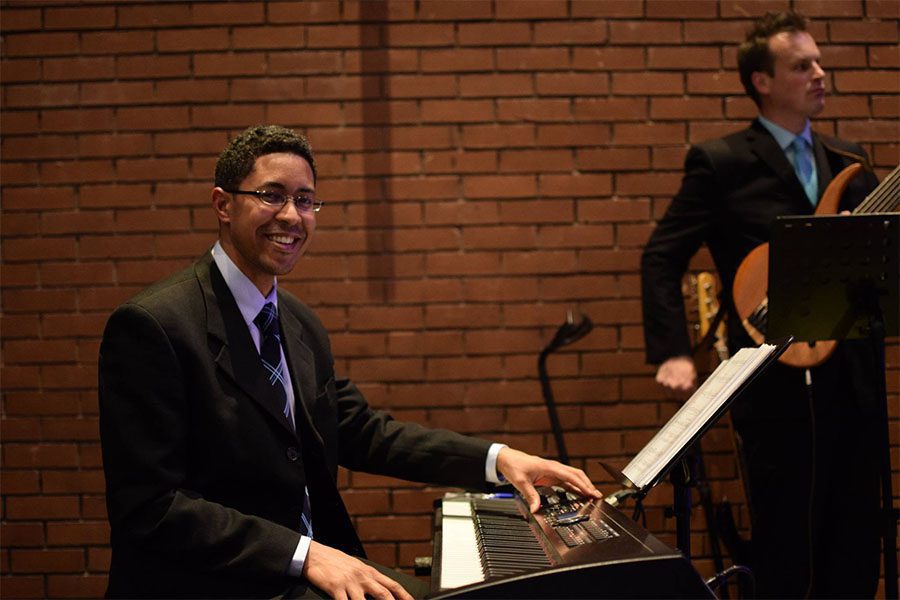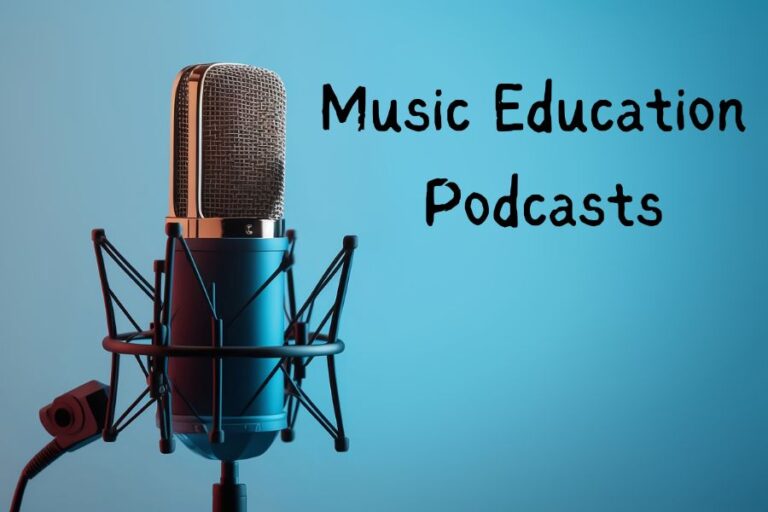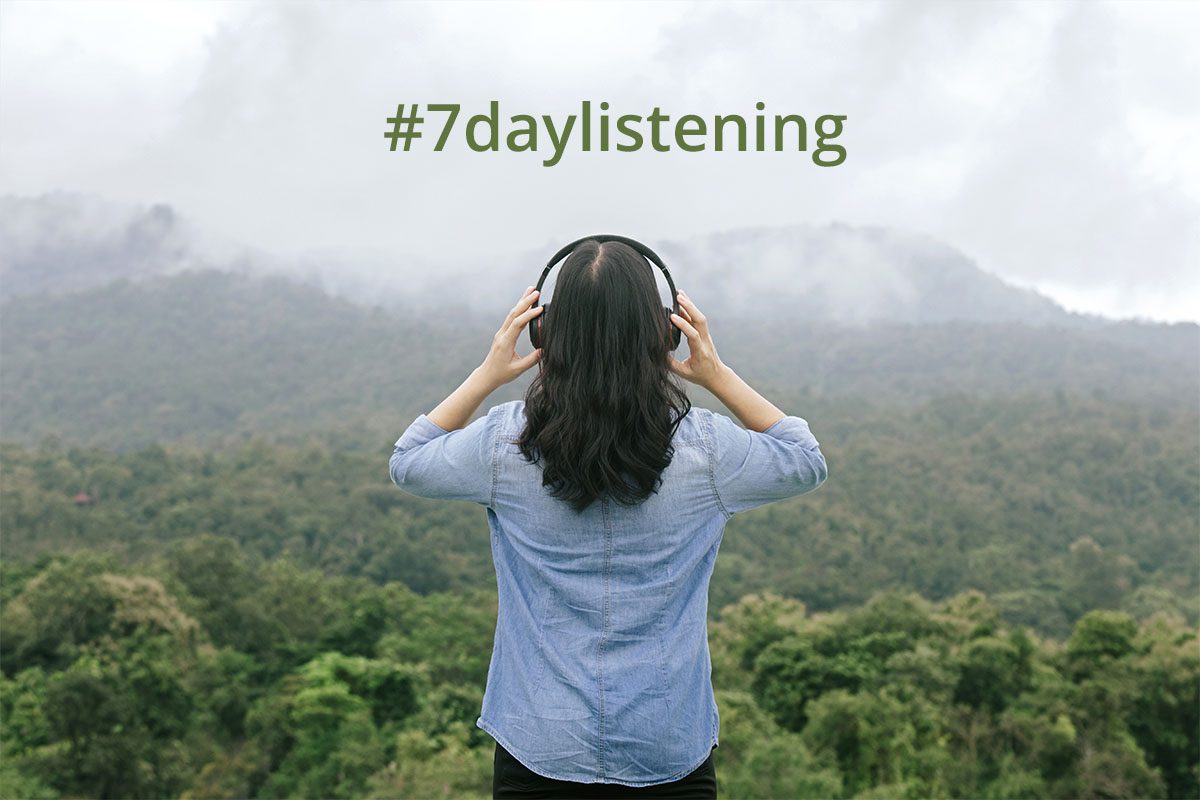
About David Önaç
Dr David Onac is an award-winning professional composer and accomplished pianist. As well as holding an MA from the University of Cambridge, David has completed an MPhil, MMus and PhD in Composition, in Manchester. For the past few years, he has been a Teaching Fellow in Music at the University of Birmingham. David enjoys working with gospel choirs and accompanies award-winning vocalist, Wayne Ellington, in his Nat King Cole tribute show.
I got chatting to David about his journey as a musician, improvising and what to do when you get writer’s block! Read on for the full interview.
What instruments do you play?
I mainly play the piano, but play a little bass guitar too.
Do you have a favourite?
It would have to be the piano! It’s such a versatile instrument – you can even reproduce a full orchestral texture, so it’s a very useful tool for composers.
Who is your favourite film composer and why?
John Williams. He’s produced so many memorable scores for so many films: Jaws, Star Wars, Indiana Jones, E.T., Home Alone, Jurassic Park… to name a few. As a child and a young teenager, many of the films I watched were scored by John Williams, so his music made quite a lasting impression on me.
You have been described as one of Manchester’s best jazz pianists (by award-winning singer Wayne Ellington) – how did you get into jazz music?
I got into both jazz and gospel styles through a love of harmony and improvisation. This started in my early years: growing up in the Caribbean, I often heard gospel musicians playing these amazing chords. I was instantly hooked for life, and even today I still strive after that great sound. I was also a keen improviser and would spend ages at the piano improvising just for fun. Then, as a teenager in the UK, there were some key people and influences, and I started listening to jazz records, especially Oscar Peterson. At university, I was improvising in the common room one day, and this guy came in and asked if I’d wait till he came back with his saxophone. This jam session went so well we formed a jazz group on the spot and started doing gigs!
You have been the musical director for the Manchester Harmony Gospel Choir for nearly 10 years – do you arrange all the material yourself?
I usually put together some sheet music which is flexible enough that a variety of instrumental combinations can play from the same score, with some arranging decisions made in the live performance by the musicians themselves. I also work with Choral Director, Tosin Akindele on some of the choir material – a recent example is a re-working of the Christmas carol “God Rest Ye Merry Gentlemen”.
As a jazz pianist, can you give any tips on how to improvise successfully?
My top four tips would definitely be: Listen/read, transcribe, practise, perform.
- Listen/Read – find a few jazz artists whose improvising you really like, and just listen to everything that they have done. Identify what you like about it and see if you can start to work that into your own playing. Also read what you can about their improvising techniques.
- Transcribe – if there’s a particular solo you just can’t get enough of, get some blank manuscript paper and try writing it down by hand and learning to play it. This will develop your listening skills enormously.
- Practise – there’s no substitute: practise scales, chords, playing in different keys, nice phrases you’ve picked up, practise at different tempos – with a metronome and without. Practise regularly and practise everything!
- Perform – improvisation includes responding and reacting and listening in real time to what’s going on around you – make sure you regularly play and perform with other musicians.
What do you enjoy about composing?
There are two moments I particularly enjoy. Firstly, when you’ve been working hard to find a solution to a compositional problem, and suddenly you realise what the solution is. It’s really satisfying when you know it’s the right solution because it adds something extra to the piece as well as fitting with everything else, and igniting other ideas. Secondly, having a piece you are really happy with, performed masterfully by musicians who really understand, embrace and enjoy what you’re trying to say in the piece.
Do you use any particular software to compose?
I don’t use software to compose, but I do use software to notate (produce a neat, printed copy of my compositions), and so far this has been exclusively Sibelius software, but there are various other good options available too.
Do you have any advice for composers when they get writers block?
- Ask yourself some questions: are you always getting writers block at the same stage in the composing process? Is there a particular aspect of composing technique you find more difficult than others? Try to diagnose what the problem is, and then target this for future development.
- As you progress as a composer, you’ll develop your own effective way of working. Over time, you will learn more and more ways to solve problems, and spend less and less time sitting there not knowing what to do.
- Sometimes the right thing to do is to have a break! I’ve often been surprised how much my mind has continued to work on a compositional problem whilst out on a walk!
What advice would you give to a student considering a career in music?
- Talk to as many people as you can who are professional musicians. Ask them what their current work involves and also the career journey they’ve been on to get there.
- Start to work out what your own musical strengths and interests are, and find opportunities to develop these.
- Seek out more experienced musicians who are interested in what you’re doing and willing to invest in you, and ask for their advice and help.
- Remember that not everything goes to plan, but try to plan out a career path with reasonable goals and time-frames. Be willing, flexible and versatile enough to adapt to different situations you might face if things don’t go exactly to your plan.
- Persevere – the musical world can be very competitive, and often, multiple attempts at your ideal goals are required before you actually achieve them.
You can find out more about David and listen to some of his works on the David Onac Composer website.






